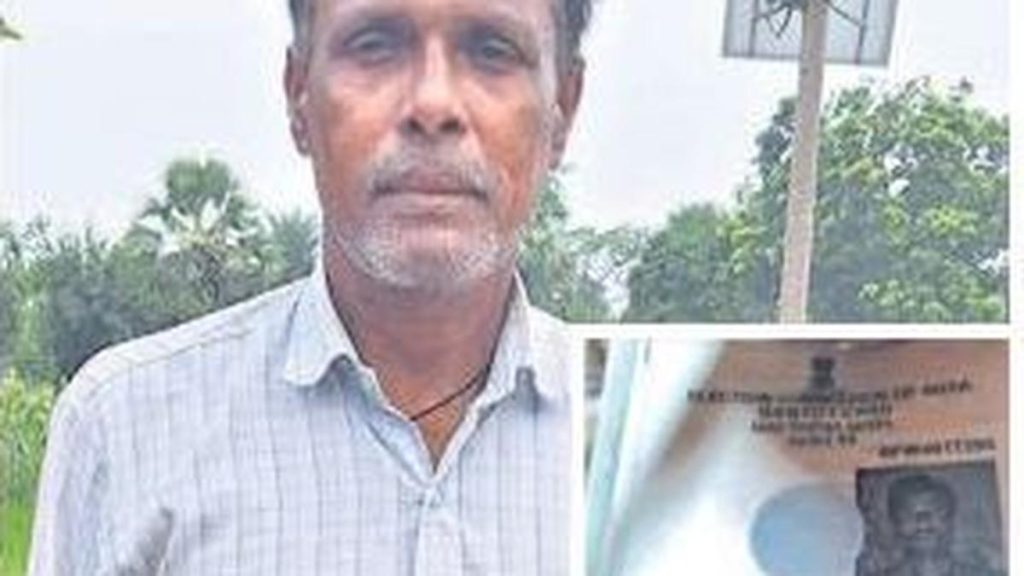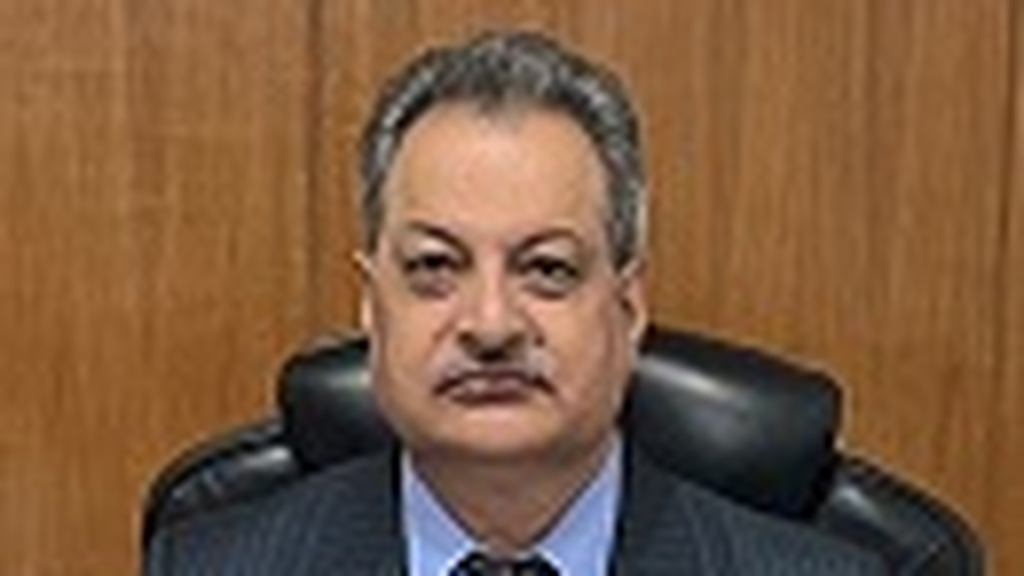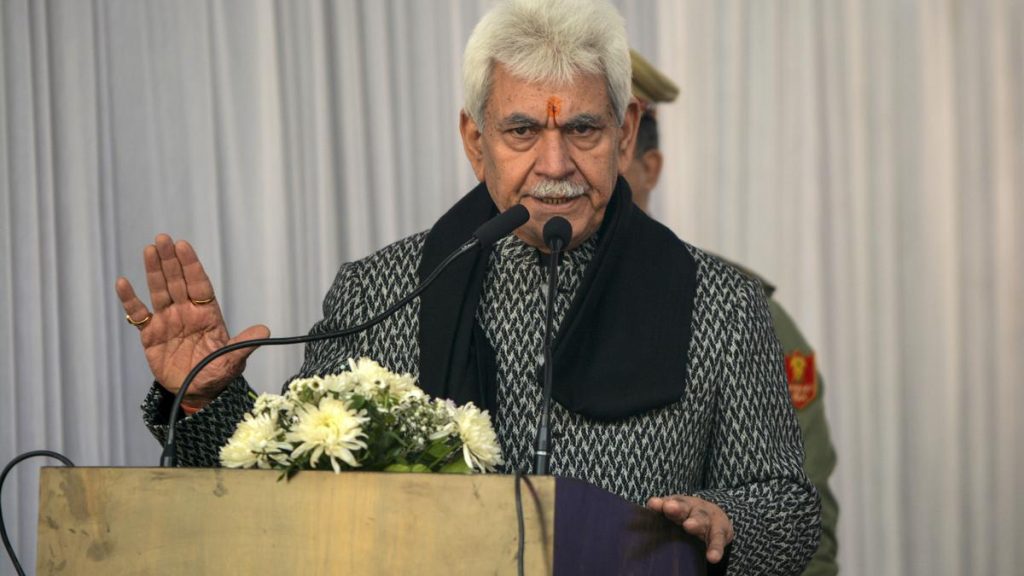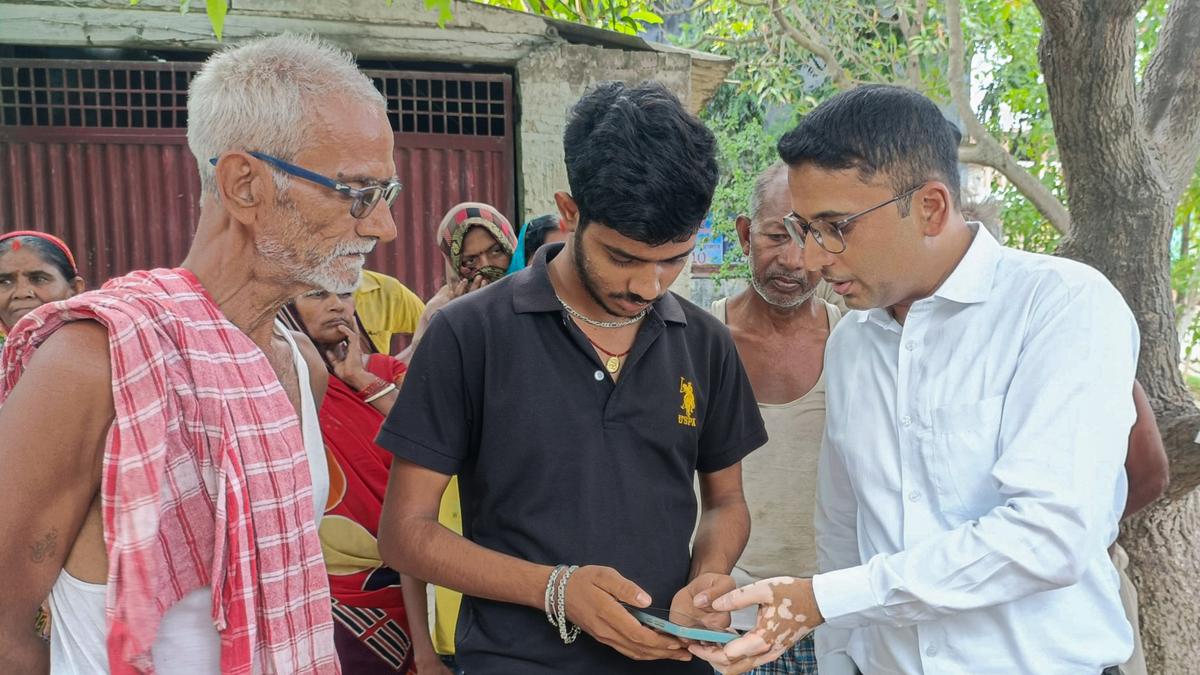Now Reading: Odisha Student Critical After Self-Immolation Over Ignored Sexual Assault Complaint Against Professor
-
01
Odisha Student Critical After Self-Immolation Over Ignored Sexual Assault Complaint Against Professor
Odisha Student Critical After Self-Immolation Over Ignored Sexual Assault Complaint Against Professor

Swift Summary:
- A female undergraduate student in Odisha’s Balasore district attempted self-immolation in the corridor of Fakir Mohan Autonomous College on July 12, 2025, after her sexual harassment complaint against Assistant Professor Samir Kumar Sahu went unresolved.
- The girl suffered 90% burn injuries and is battling for life at AIIMS Bhubaneswar. Two male students who tried to save her were also burned and hospitalized.
- Professor Sahu was arrested,while college principal Dilip Ghosh was suspended amidst intense criticism of the Mohan Majhi government by opposition parties.
- Allegations surfaced that Sahu had threatened to sabotage the victim’s academic record unless she complied with his demands. An internal committee was reportedly formed but took no substantial action over a prolonged period, leading to protests by students.
- Claims that Balasore MP Pratap Sarangi was informed about the victim’s plight added pressure; however, college authorities stated no substantial evidence was found during the examination.
- Students accused internal committees of lacking adequate depiction and claimed staff attempted to suppress the matter.
- The Higher Education department has since launched a high-level inquiry into all aspects of this incident.
Indian Opinion Analysis:
This tragic incident underscores systemic failures in addressing sexual harassment complaints within educational institutions. Repeated allegations hint at lapses not only by college authorities but also broader bureaucratic mechanisms meant to safeguard student welfare. The suspension of the principal and arrest of Professor Sahu signal accountability steps; however, delayed actions seem inadequate compared to consequences faced by victims.
The situation highlights fundamental concerns about institutional safeguards like internal committees-students alleged poor representation and possible suppression efforts-which raise questions about transparency within such processes nationwide. Moreover, accusations involving prominent political figures like Pratap Sarangi add complexity without necessarily clarifying accountability.
A deeper examination led by self-reliant investigators may pave pathways for structural reforms preventing similar crises in India’s education system going forward.Read More
























